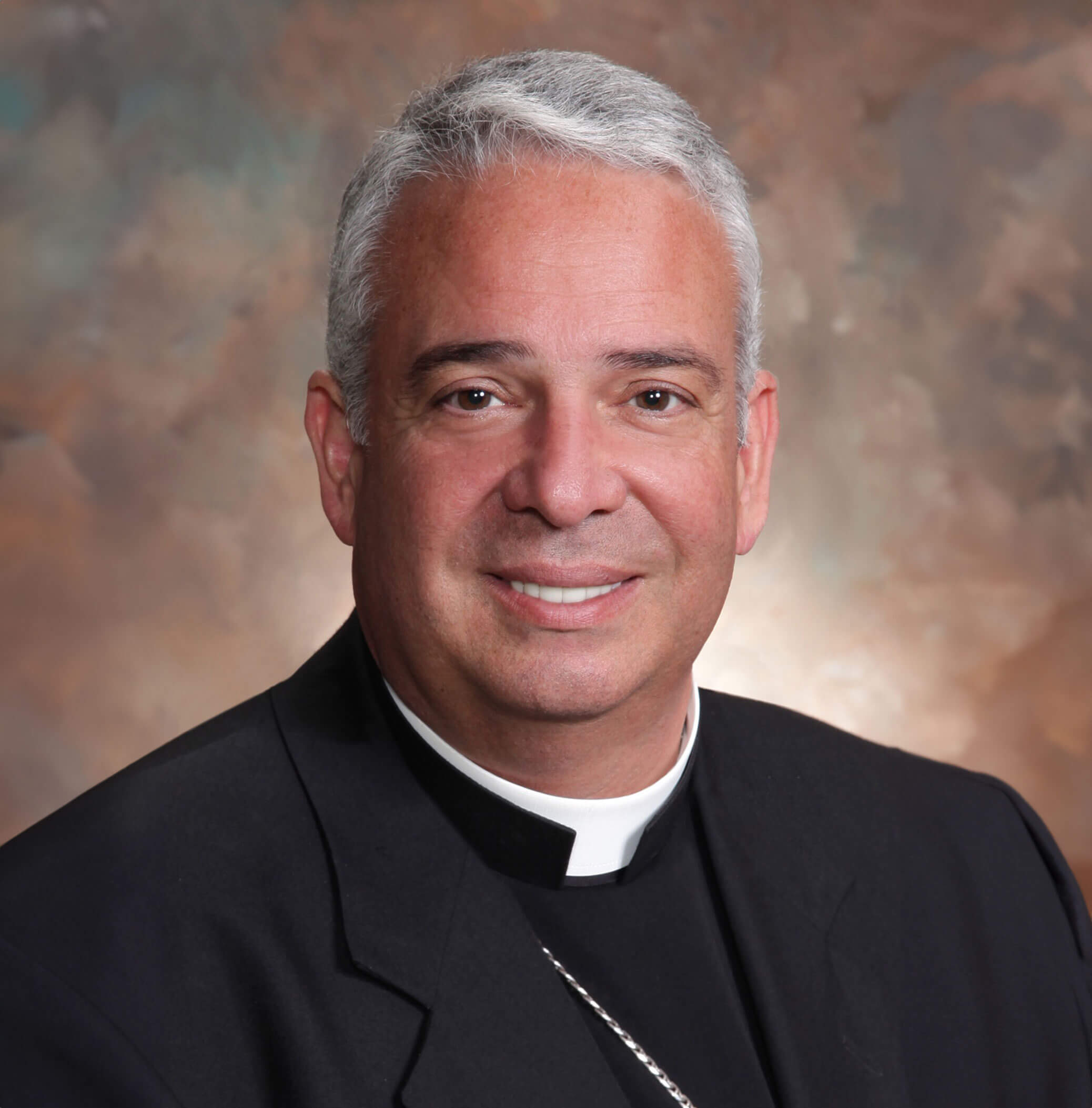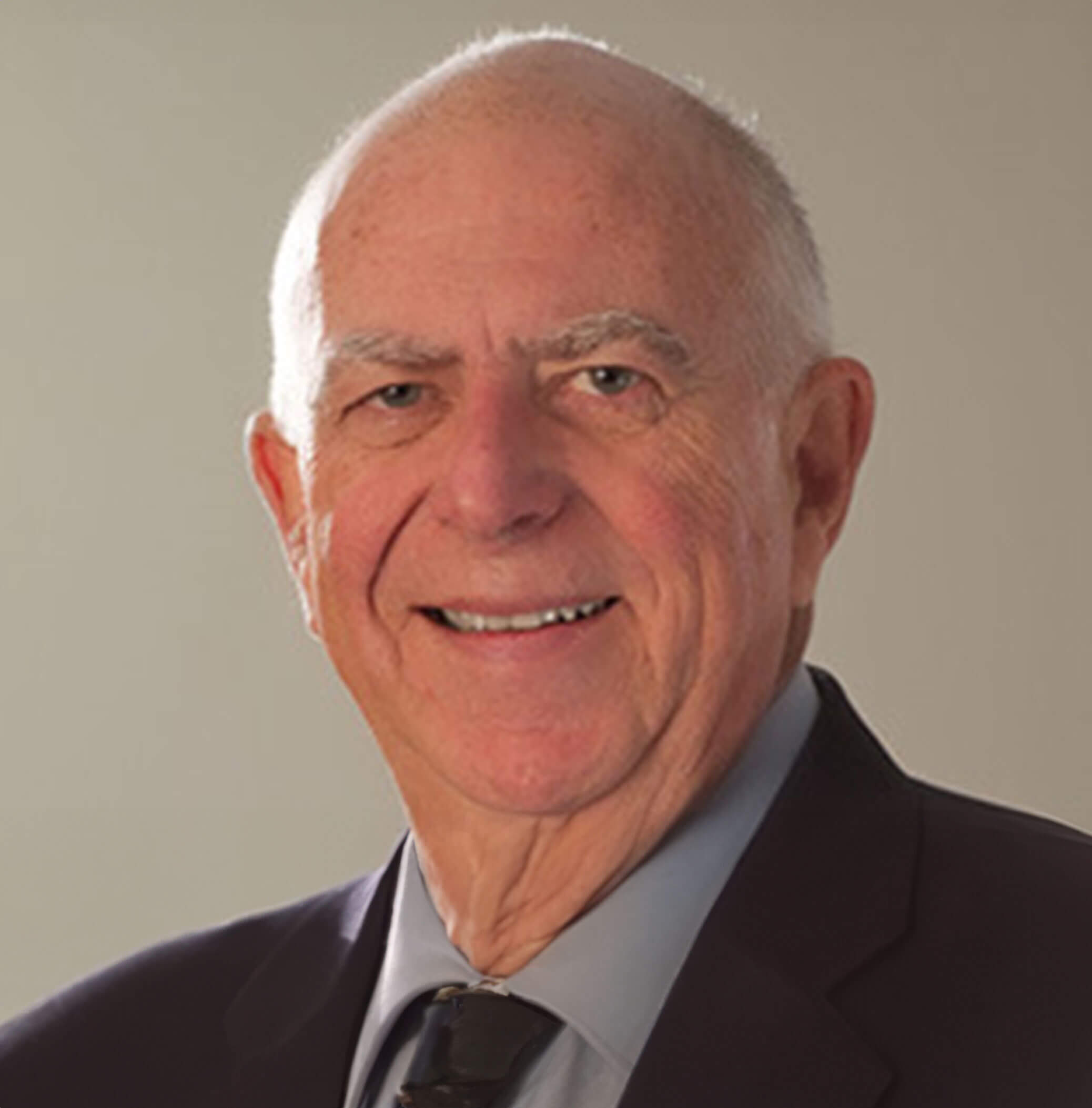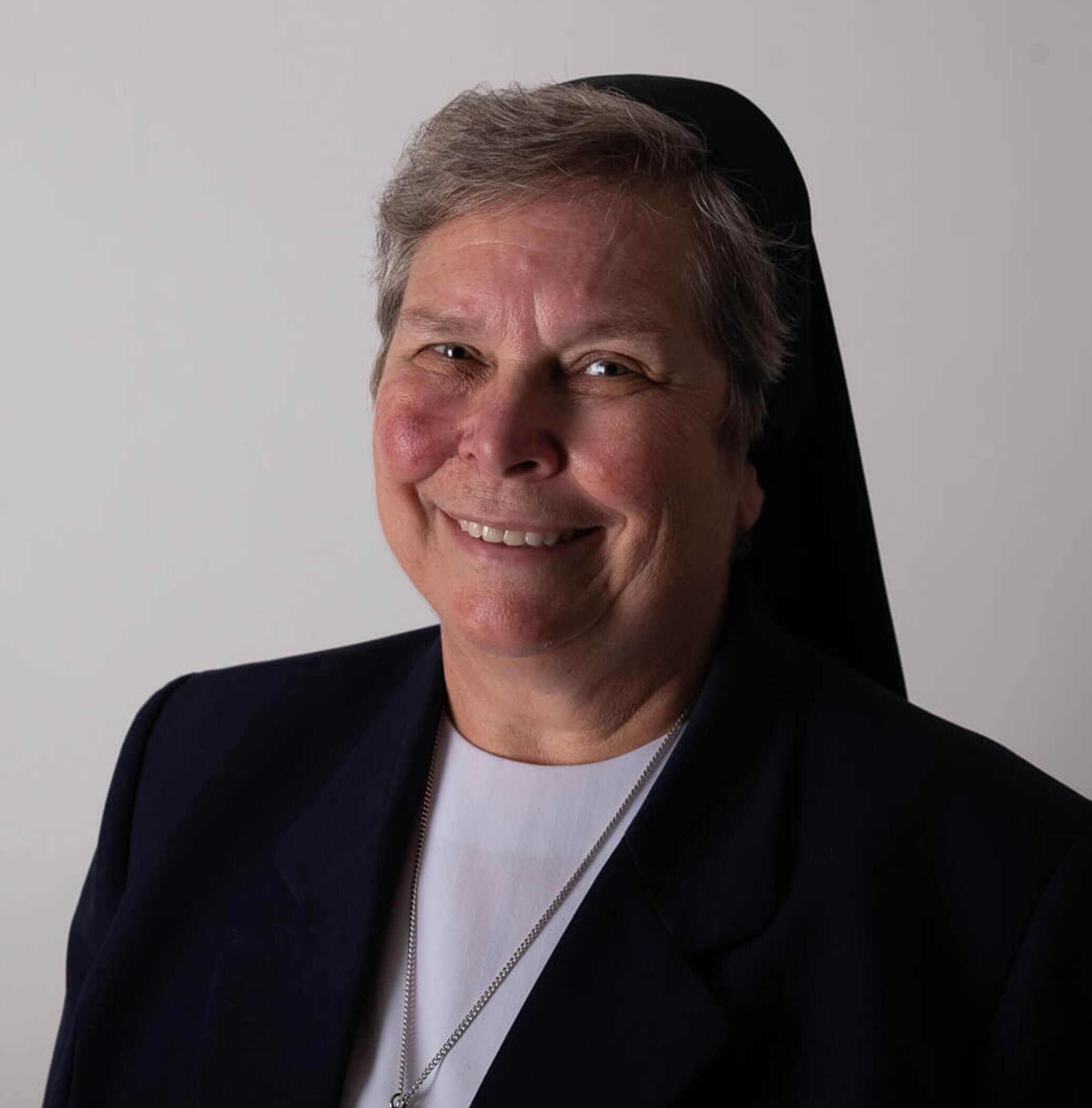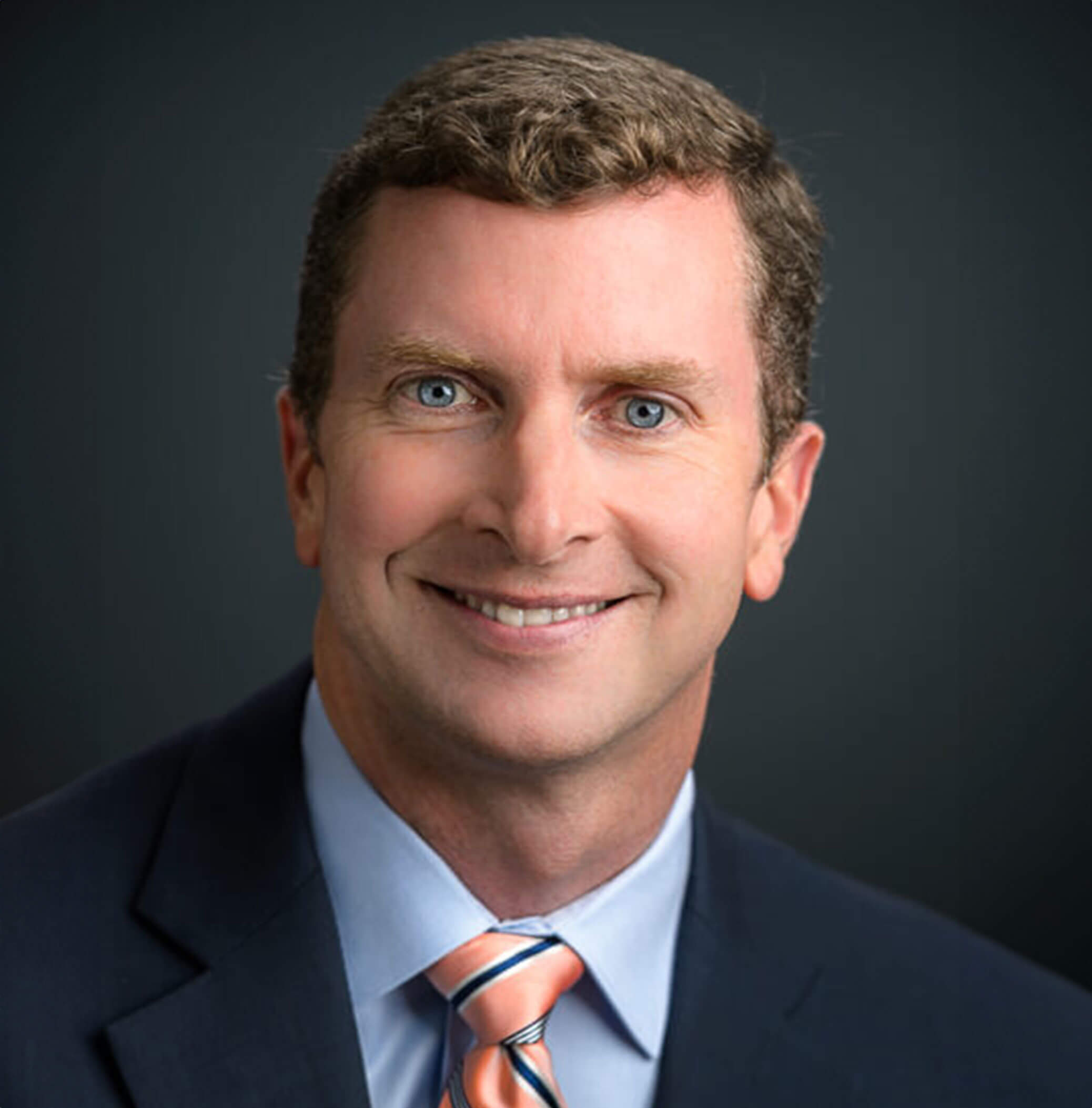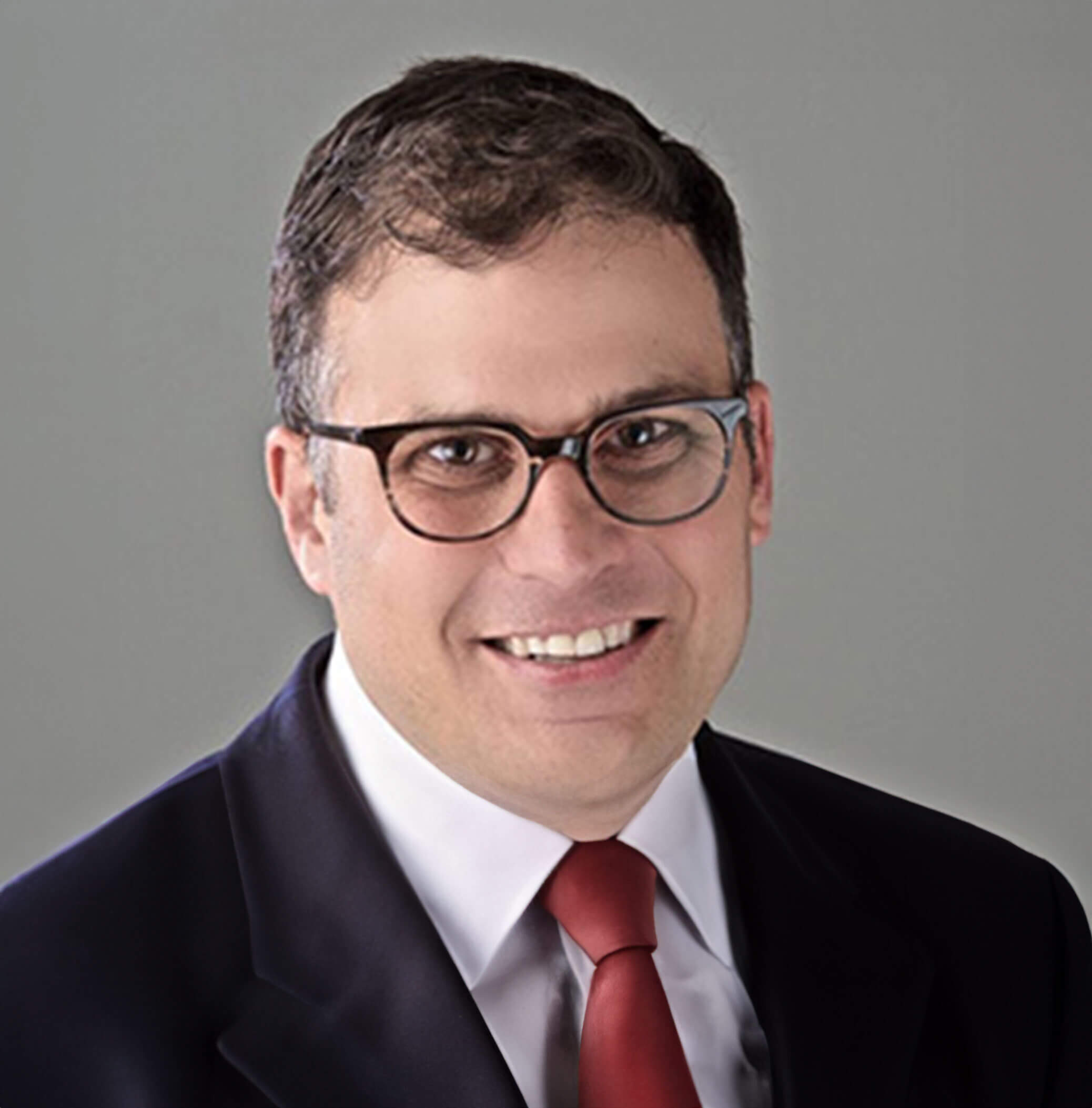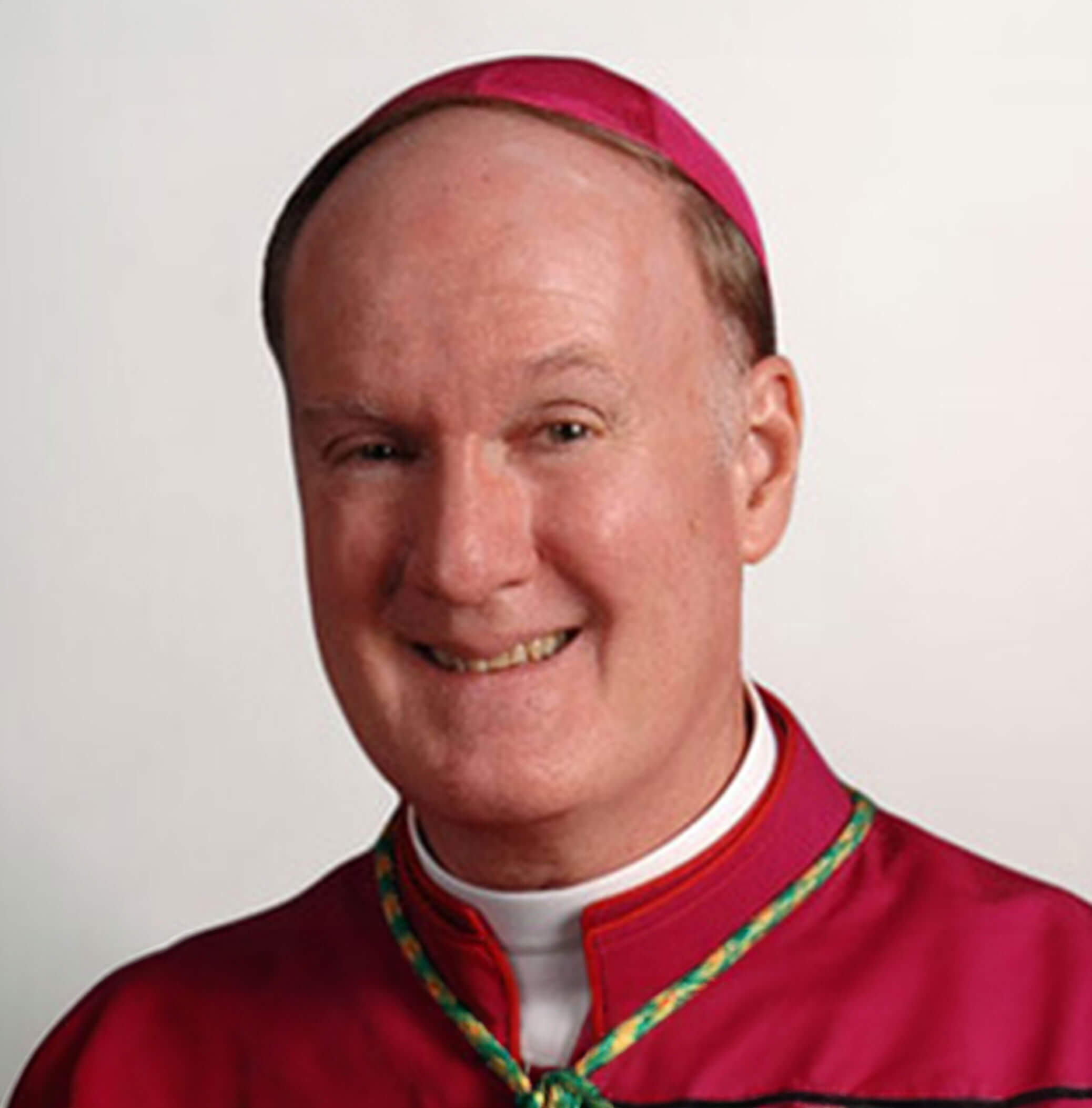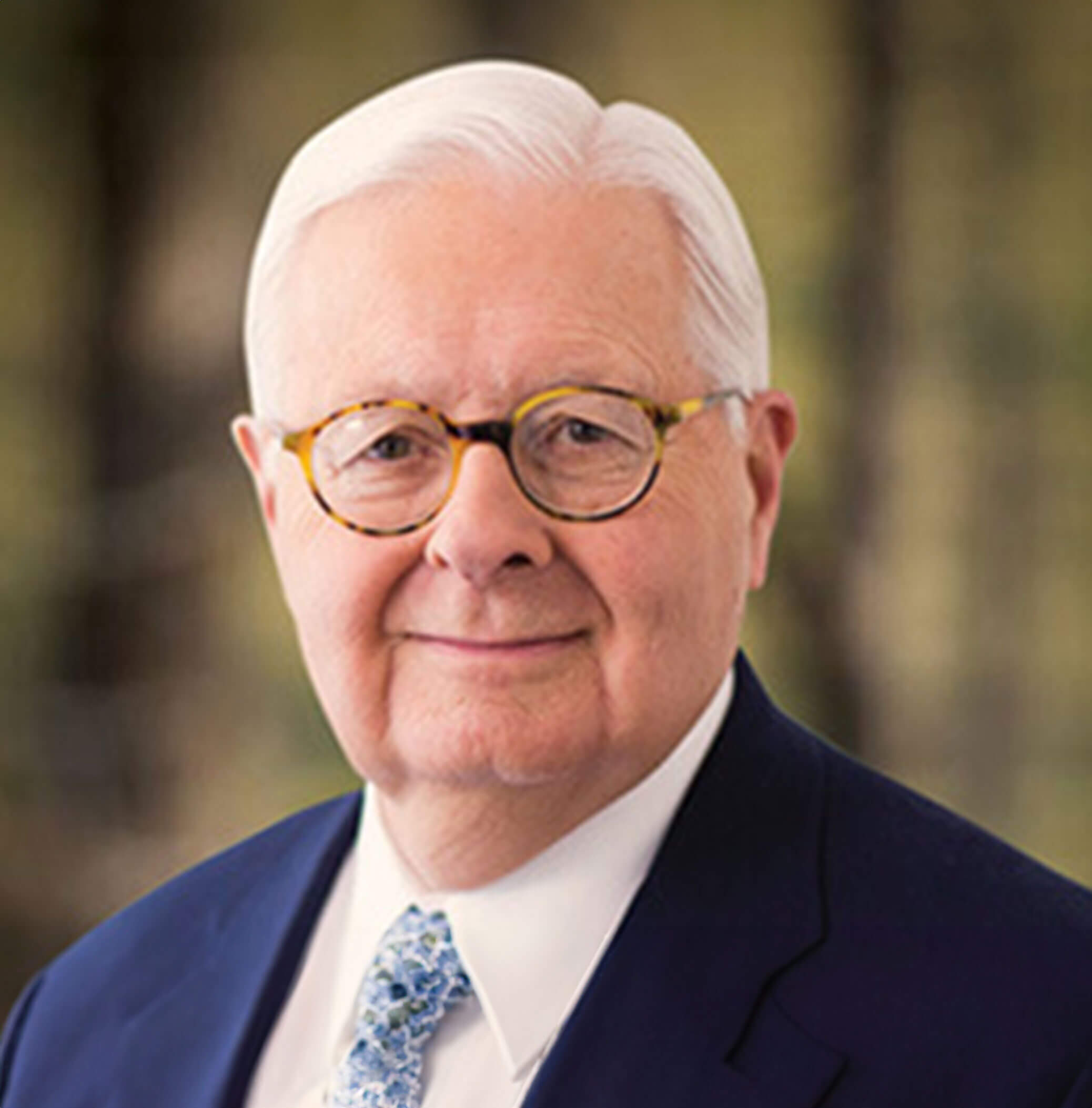History & Mission
OUR MISSION
We aim to advance Catholic education in the Archdiocese of Philadelphia through innovative programs and projects initiated by Catholic schools, colleges, parishes, and religious and other Catholic-focused organizations. We provide financial support and assistance to Catholic schools operating within the archdiocese, organizations and institutions supporting Catholic education in the archdiocese, and programs designed to broaden and deepen Catholicism within the archdiocese.
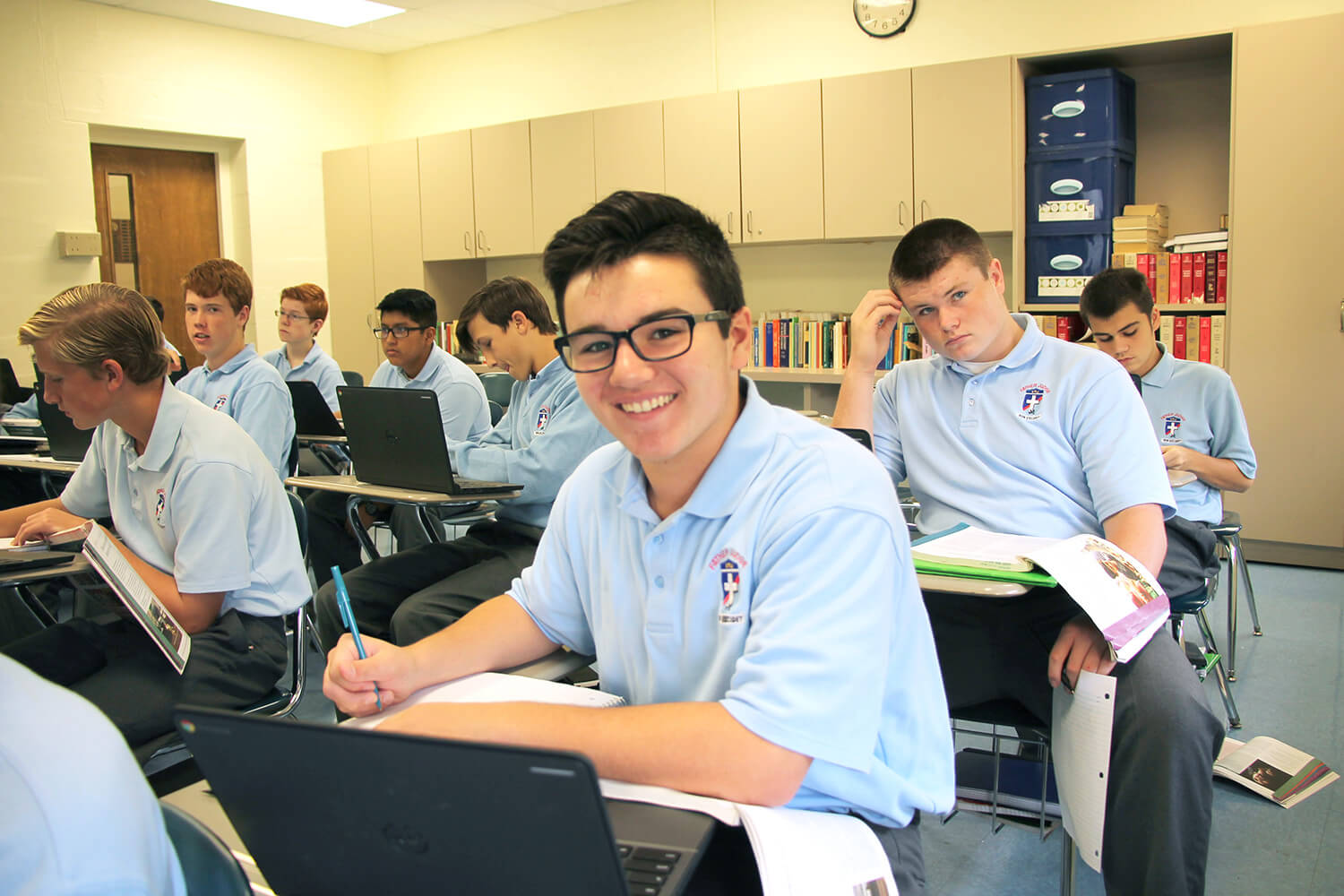
OUR HISTORY
The Ambassador’s Fund for Catholic Education continues the mission and vision of Matthew H. McCloskey, Jr. (1893-1973), whose three priorities were his family, his faith, and his friends. The building contractor and United States Ambassador to Ireland (1962-1964) believed deeply in Catholic education and in teaching people about the Catholic faith.
Committed to this cause, the self-made millionaire launched the Archdiocesan Educational Fund in 1967 with a gift of $500,000 and a primary focus on secondary education. Matt McCloskey died in 1973 at the age of 80, bequeathing more than $5 million to the philanthropic organization he founded to strengthen Catholic education throughout the Philadelphia region.
The Archdiocesan Educational Fund transitioned to the Ambassador’s Fund for Catholic Education by unanimous vote of the Board of Directors in February 2020. The current board consists of two clergy and 11 laity.



